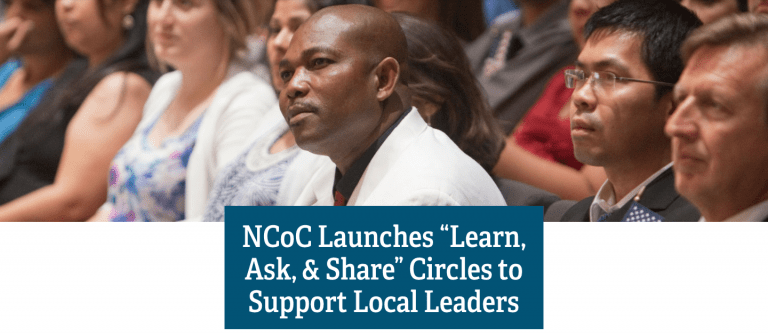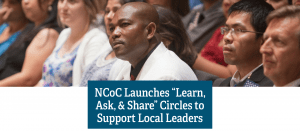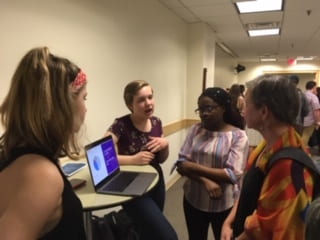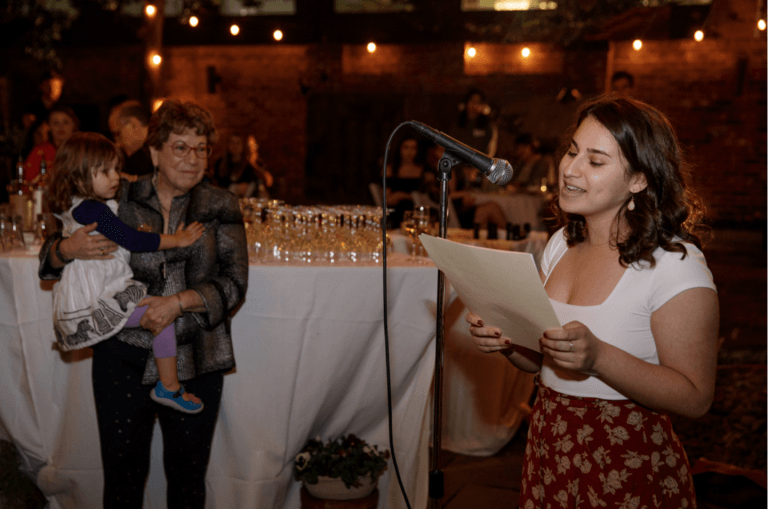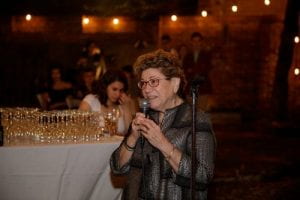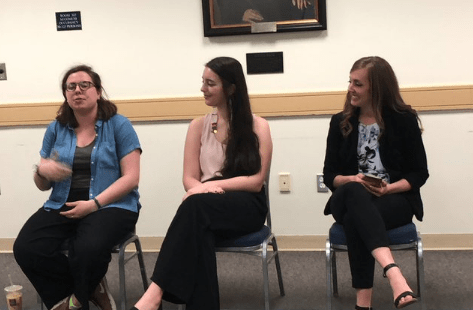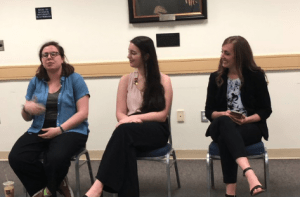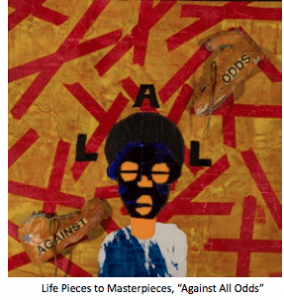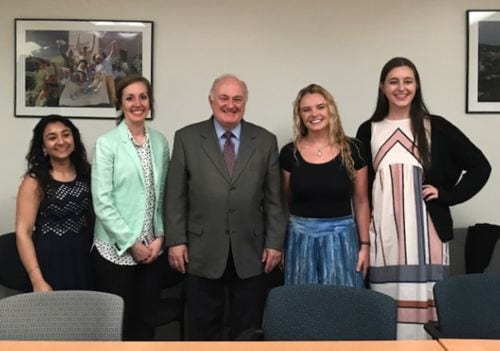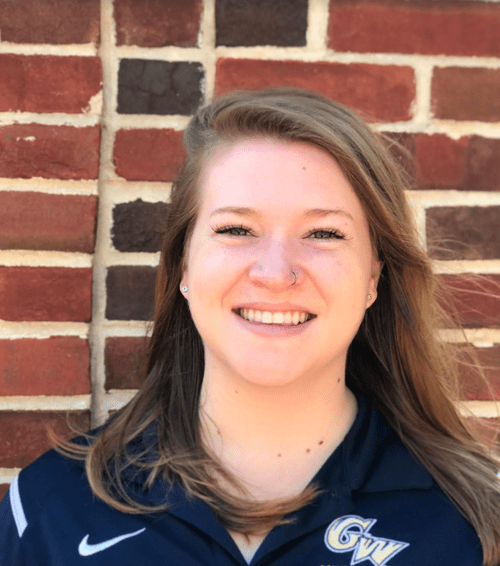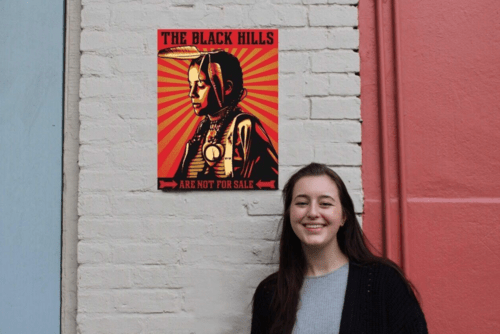Erin Wentzell is an assistant clinical professor in the School of Medicine and Health Sciences Department of Health, Human Function and Rehabilitation Science and the Academic Director for Pediatric Physical Therapy Residency between GW Physical Therapy program and Johns Hopkins Hospital. She is part of our Nashman Affiliated Faculty and recently Itohan Amu, a Scholar with the Nashman Community Engaged Scholarship team sat down to learn more about Wentzell’s work.
As an instructor Wentzell teaches a community engaged service-learning course called “Interprofessional Community Practicum”, which discusses health equity, social determinants of health, and how health is impacted by community and socio demographic factors. Professor Wentzell incorporates service learning into her course, her students work with community partners in the DC area who work with underserved populations. Students hear about the communities in class but are able to see it face to face and understand it better through their service and partnership.
Professor Wentzell and her course work with community partners that look at health in a broader sense in underserved populations. Catalysts sports, Whitman Walker Health and Youth Services, Washington Senior Wellness, Department of Defense, HSC Kids in Action adaptive sports program, NRH adaptive sports and boxing program, The Playtime Project, the National Park Service just to name a few. While teaching this course, professor Wentzell has learned that she’s not the only one out there doing community engaged scholarship. She is motivated by the amazing people in the DC area with a level of passion and engagement. She noted that while “it takes a lot of upfront work to set up partnerships, there is nothing compared to it, because students end up learning from it, the community benefits from it, and we are proud of it at the end.”
Wentzell believes that it is important for GW professors and students to be involved in the community because they need to realize that we are all neighbors and part of the Foggy Bottom community. However, she notes it is also important that we ensure it is reciprocal relationship, the community helps the students grow and develop and we can make an impact in the community and that makes the community a better place for all of us.
Wentzell imparted some healthy wisdom to an outside of GW audience recently check out her quote in w Outside magazine https://www.outsideonline.com/2393660/ask-your-doctor-if-nature-right-you


